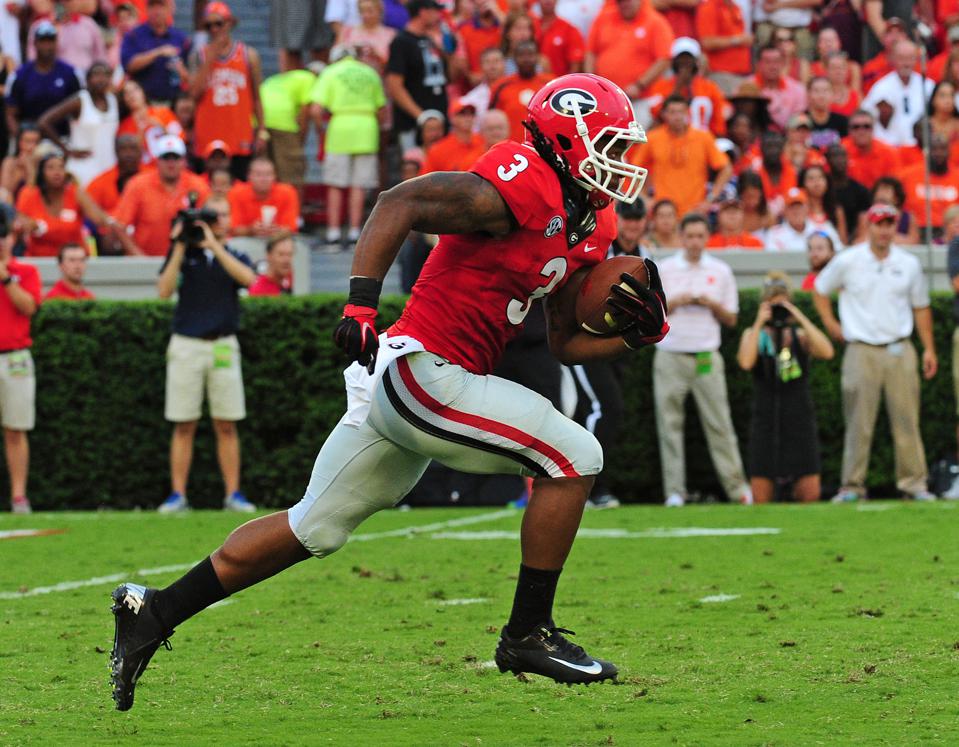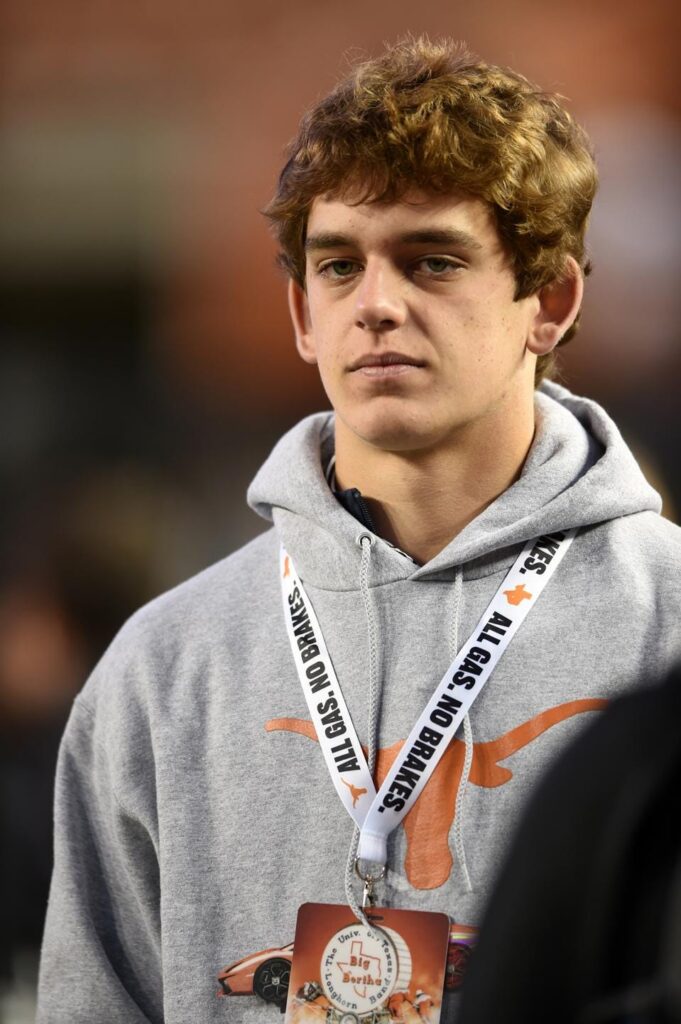Pay For Play Is Alive In College Sports And Free Agency Has Arrived
Written by: Leonard Armato for Forbes.com
A few days ago, a report came out of Ohio State University (OSU) that they lost a 5 star recruit to #1 ranked Georgia because OSU only offered the recruit $750K as compared to Georgia’s $1.8M.

GETTY IMAGES
While the player has yet to be identified we know that there’s lots of shenanigans going on and it is only a matter of time before it surfaces. It is equally clear that a whole new subculture has emerged of “under the table” negotiations between athletes (now represented by their agents) and boosters or collectives representing schools hoping to land these athletes for their athletic program. There are now more than 100 collectives exist for the purpose of attracting top athletes to the college sports program they support.
Not long ago, Arch Manning, a top recruit and nephew of former NFL stars Peyton and Eli Manning, and eight other recruits visited Austin during the weekend of June 17. Texas spent over $600K including such things as rooms at a five-star hotel, open bars for parents, food and entertainment, like a visit to a Top Golf driving range.
The visit apparently paid off, as Manning and his high school teammate, three-star tight end Will Randle, both committed to the school within days of their official visit. Twelve of the 14 recruits that visited the following weekend—when the school spent almost $350,000—committed to Texas.

ICON SPORTSWIRE VIA GETTY IMAGES
In all, The Athletic reported that 16 of the 23 combined recruits that visited over the two weekends landed with the Longhorns, accounting for almost two-thirds of their 2023 class and ranks them second overall behind Alabama, per 247Sports. After spending roughly $1M to entertain these recruits, it makes you wonder what else was promised to them in exchange for their commitment to join the Longhorns football team in 2023?
While the NCAA now permit athletes to profit from their NIL, NCAA rules still prohibit schools or from paying athletes or directly participating in NIL deals. In fact, in May the NCAA issued a new set of guidelines applying to the recruitment of student-athletes indicating that “booster/NIL entities” cannot talk to recruits about enrolling at a school or offer deals based upon whether athletes select a particular school.
For years, college booster supported athletic programs with financial contributions directly to the school. However, the NCAA has always had a strict rule prohibiting “pay for play” in recruiting student-athletes to participate in sports at their college or university. Notwithstanding, it was common knowledge that those boosters often provided “under the table” payments or benefits to athletes as a means of recruiting them.
There were many schools that cheated in this way and some even got caught and punished. But no case was more publicly visible than the one involving Southern Methodist University (SMU) which resulted in SMU receiving the infamous “death penalty” and barred from NCAA competition for 2 years. The program never really recovered from this sentence.
However, with the NCAA’s recent setbacks in court, it has embolden schools across the country with high-level boosters to use NIL deals as a guise to stock pile talent. It is “back to the future” with no end in sight. The result is “black market” free agency for student-athletes being recruited from high school or through the “transfer portal” (the NCAA created system which allows athletes to freely move from one school to another).
The sooner we come to grips with the realities of this, and establish some uniform rules, the better. It is the same argument used to legalize the gambling business—they are doing it anyway, so why not legalize it so there is transparency and protections.
So let’s scrap these silly ineffectual NCAA rules that no one is following anyway, and allow free market conditions to prevail. College athletes should be paid fair market value by the schools for the services they provide, and let this process become open, transparent and visible to the general public. Not only will this create good sports stories, but is consistent with the tenets of capitalism based upon competition and free market conditions.
Share this article:
Published on December 17, 2022
Written by Leonard Armato